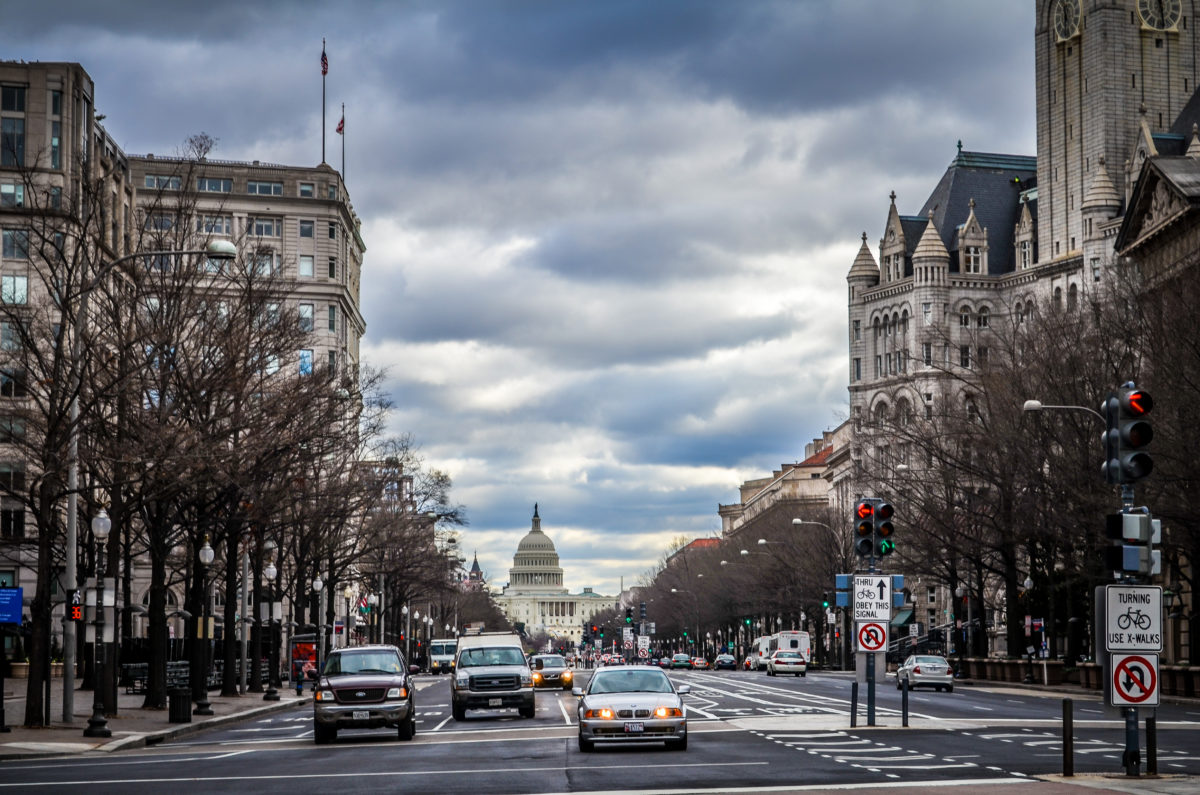I’m a boomer. I grew up in the Washington of long ago, first in the City and then in the Maryland ‘burbs in the first generation of mall (shopping mall, not National Mall) rats. That was the Washington that President Kennedy described as having “all the charm of a northern city and the efficiency of a southern town.” Not exciting.
But it’s my hometown. So you can imagine my surprise — and pride — when I was visiting my daughter at college in New York City last year, and many of her friends told me that when they graduated they want to work either in New York … or D.C. To be sure, they aren’t all aiming to do tech but they could all see themselves being part of the D.C. scene. Because our town is cool, with a restaurant scene, a bar scene, a theater scene, bike lanes. So we’re suddenly hip. And we do have a thriving and growing tech community. Multiple tech communities, in fact. Still, our identity as a tech town is not there yet.
What is the D.C. tech scene? Where is it going? Does it need a boost to get there? On Tuesday, Nov. 15, at 5:30 p.m., Gensler (2020 K St, NW) is going to explore all of that in its next “Ambassadors” event featuring a discussion among a number of key D.C. tech players. If we have a healthy tech sector, and we do, so do some other places you could name outside of Silicon Valley: New York is one, so is Austin. What’s our niche? Do we even have to have a niche?
This free event features panelists from 2U Inc., Make Offices and the Office of the Deputy Mayor of Planning and Economic Development. I’ll be moderating.
RSVP
The rap on our tech community is that we’re no Silicon Valley, that we’re not writing code, not coming up with breakthrough apps or devices. That our tech is a service industry, servicing — oh Lord — government. That we’re not disrupting.
Well, even ignoring the fact that technology is now so deeply embedded in American culture that it’s hard to call any technology disruptive, D.C. tech is way beyond being just the help desk for government. Blackboard is pretty much the genesis of technology apps in the education sector and still the gold standard. Same for CoStar in commercial real estate. AOL may be a shadow of itself and Living Social, all but gone, but they were key web entrepreneurs and pretty “disruptive.”
By the way, doing tech for the government isn’t too shabby. Every once in a while it comes out that the FBI and National Security Agency have the most powerful and sophisticated technology in the world. The U.S. Cyber Command is headquartered at nearby Ft. Meade, Md. We may be home to the world’s sickest hackers and counter-hackers. They’re just not identifying themselves at tech community happy hours. The U.S. Digital Service, or 18F, is a self-described startup in a very cool coworking space: the White House campus. It’s job? Only to bring cutting edge technology to the operations and service delivery of the entire federal government. You can’t join that startup anywhere else.
We’ve got a huge and highly-educated tech workforce. We’ve got more and more coworking spaces and workspaces in very conventional D.C. firms that look like tech workplaces. And, back to my daughter’s college buds, we’ve got the urban culture.
But to get to the next level of creative technology, to get above the other Silicon Valley wannabes, do we need something else? Some catalyst? Some product? Some policies? Some special niche?
There is little question that in Silicon Valley, Stanford University has been a breeding ground for renowned tech entrepreneurs and the role model for symbiotic relationships between universities and tech communities. Certainly, both Boston and Austin derive their tech chops in large measure from their flagship universities. Tech CEOs in the Valley chose Stanford as the school they would back (and shape) so that it became their recruiting ground. Does D.C. need to pick a flagship school and nurture it? If we decided yes, could we get leaders to agree on which school?
Or do we need a niche or a theme? A group of regional business leaders are working toward a marketing theme for the region. Their working tagline is, “Greater Washington: where you come to make history happen.” Maybe Washington as the center of tech to make the world a better place would give an identity to our apps and our tech culture and a stimulus to the best and brightest to locate here.
Is there a role for government of a different sort than as employer: as policymaker? D.C. has had a tax incentive for high-tech companies since 2000. Both the University of Maryland and George Mason University have technology transfer programs. Are they working as well as they could? Do we need a regional approach, rather than a jurisdiction by jurisdiction one, to incentives and assistance? A regional public-private tech council?
And maybe, just maybe, the forces that will break Washington out of the pack of up-and-coming tech communities are already among us and we should not over-think it. We’ll toss that out, too, at our event and live webchat on Nov. 15
Before you go...
Please consider supporting Technical.ly to keep our independent journalism strong. Unlike most business-focused media outlets, we don’t have a paywall. Instead, we count on your personal and organizational support.
Join our growing Slack community
Join 5,000 tech professionals and entrepreneurs in our community Slack today!

Entrepreneurship is changing, and so is the economic development behind it

Tech Hubs’ new $210M funding leaves Baltimore and Philly off the table

Here’s what to know before using AI to craft your brand’s social media posts

